
Q2 2021: HR Market Update in the Netherlands
As we enter Q2 2021, our HR experts in the Netherlands give an overview of the market…
The Human Resources market in the Netherlands has seen a positive start to the year, with businesses forging ahead with recruitment plans during Q1. The roles available have spanned across all aspects of Generalist and Specialist HR, with an uplift in both permanent and interim positions.
We’ve seen a significant increase in positions relating to HRIS and People Analytics, as HR functions look to add more strategic value through data-driven decision-making.
We had the opportunity to partner with Crunchr, running a virtual event on The Art of the Possible with People Analytics, hosted by our Associate Director, Katie Insley, and Crunchr’s Founder and CEO, Dirk Jonker.
Dirk took the delegates through the differences between HR, People and Workforce Analytics, and provided specific analytical examples of how data can allow for better decision-making around talent development, succession planning, flight risk and sourcing strategies.
Diversity & Inclusion remains a key focus in the HR market, and EMEA Recruitment is proud to be partnering with some key clients on Diversity projects linked to removing unconscious bias when recruiting. If you’d be interested in hearing more about our approach to this, please do let Katie know: [email protected]
We’re also pleased to share that we ran a virtual roundtable in June with a panel of well-respected D&I leaders, answering questions from the HR leaders in attendance and discussing topics such as, Who should own D&I in a business, should it be led by HR or by the CEO?
Further events in the calendar included our Growth Mindset webinar, hosted in collaboration with Netflix, Heineken and Danone.
Offering her HR insight was Melissa Muirhead, the Global HR Director – Finance at Heineken. Melissa was joined by Robertjan Dekker, the Vice-President, Controller EMEA, APAC, LATAM at Netflix and Armijn Verweij, the VP Procurement Excellence at Danone.

Q2 2021: Finance Market Update in the Netherlands
Having moved full steam ahead into 2021 (albeit mostly still from our home offices), it is now time to take a look back and reflect on market trends as we move into Q2.
EMEA Recruitment has been working with clients across a range of industries, including FMCG, Chemicals, Pharmaceuticals, Aviation, Energy, Technology and Services to name a few. Required profiles from these clients have varied in terms of seniority, but we have noted demand for Finance and Business Controllers across all levels.
Finance Managers have also been in demand, with a number of Commercial Finance posts becoming available. Additionally, we have been recruiting for Technical Accounting, Reporting and Audit professionals within the mid-senior range, with IFRS specialists being a particular focus.
Businesses have continued to move out of prior recruitment freezes, with many reinvigorating projects that had been parked during the COVID-19 pandemic.
We have observed a continued focus on automation and digitalisation within the Finance arena, with clients keen to make processes more efficient. This has seen an increase in interim and temporary requirements within Finance teams, with a range of roles ranging from short-term, 3 to 6-month assignments, to a year plus.
EMEA Recruitment has a strong network of immediately available Finance candidates across all levels. So, if you would like to find out about ongoing opportunities, or would like assistance with your interim or permanent recruitment processes, please don’t hesitate to contact us.
We have dedicated Finance & Accountancy specialists working in our key locations:
If you are based in the Netherlands, please contact David Harper, Associate Director, at: [email protected]
For those of you based in Switzerland, John Byrne, our Swiss Country Director, is available at: [email protected]

Swiss Recruitment: Onward to 2021
2020 did not follow any previously established pattern in the Swiss recruitment world. In Q1, we already had started seeing some drop-off in candidate movement related to APAC and the (at the time distant) pandemic.
Q2 was an interesting moment. The Swiss employment market slowed almost to a halt in some key sectors, but the underlying caution at the regional level ensured that it never felt catastrophic. Key positions and some essential contract/project roles contributed to movement in the employment market.
Q3 saw some recovery, as the realisation that some sectors were performing well versus the essential restructuring in others set in. Thankfully, the budgeting season we have historically seen always increase recruitment activity came back, albeit later (mid, rather than beginning of, November).
We can speculate quite confidently that some essential headcount had to be approved, and in some cases fixed-term contracts replaced permanent positions as a (hopefully) temporary measure.
So, what of 2021? A useful indicator EMEA Recruitment uses at year-end is January performance.
If January continues as busily as December, then we can predict at least a good first half of the year, as companies catch up with recruitment moves replacing or backfilling from the moves at the end of the preceding year. It is necessary to add a caveat here, though. Many clients remain apprehensive about the potential end date of lockdown, as well as the economic repercussions, which some feel we have yet to see.
Regardless, we can all agree these are exciting times, and recruitment requirements in Finance in Switzerland remain unpredictable. We certainly hope to see focus gradually swing back to technology (automation and predictive analytics) and how this can improve the efficiency of international Finance functions.
We would love to hear about your experiences in 2021 so far and how you think the pandemic may impact your recruitment processes moving forwards.
Contact our Director - Finance, John Bower, on [email protected] to discuss further or for any assistance with your recruitment needs.

Katie Insley Joins as Associate Director for HR in the Netherlands
EMEA Recruitment is delighted to welcome Katie Insley to our Netherlands team. Katie joins us as an Associate Director to manage our Human Resources division for the Dutch market.
We are delighted to expand our HR offering in the Netherlands with Katie at the helm.
She joins our other specialist divisions in the Netherlands: Finance & Accountancy, Procurement & Supply Chain and Operations.
Michelle Ewing continues to lead our Netherlands department, as Country Director.**
Katie has worked within recruitment for 16 years, specialising in HR for the past 14 years. She has an in-depth understanding of the sector and how it has evolved as a critical function within businesses.
She has partnered with large international organisations, as well as SMEs, working with them to secure talent in a range of generalist and specialist HR roles.
Katie is proud to place the candidate journey and experience at the heart of her role, which enables her to build long-term, trusting relationships, supporting individuals to achieve their career goals.
She will be working with our clients on sourcing candidates for the following positions:
- Group HR Director
- HR Director
- Head/VP of HR
- HR Business Partner
- HR Manager
- HRIS Implementation Expert
- HR Executive
- Organisational Development
- ED&I Specialist
- Talent Management
- Compensation & Benefits
- Payroll
- HR Analysts
- HR Generalists
EMEA Recruitment is proud to proactively source top candidates for HR vacancies within multiple industries across the Dutch market.
If you are interested in moving forward in your HR career in the Netherlands, or if your business is searching for the best candidates available for any of these roles, contact Katie at: [email protected]
We wish Katie the best of luck as she enters her new role at EMEA Recruitment and look forward to her success in the HR sector.
Commendations of Katie's work can now be viewed on our candidate testimonials and client testimonials pages.
** Michelle's role has since changed. Please contact, Richard Bailey for any enquires in regards to recruitment in the Netherlands.

Swiss Paternity Leave: Too Much, or Not Enough?
The Swiss population has voted to introduce statutory paternity leave, as part of a package of new measures. But is now the right time to prioritise fathers’ rights?
On 27th September 2020, statutory paternity leave of two weeks was put to a national vote. It covers 80% of a biological father’s earnings if claimed within the first six months of childbirth. It is estimated to cost CHF230m per year (£195m), with the money taken from the social security system, funded in equal parts by employers and employees.
Although Switzerland sits at the bottom of the table when it comes to paternity leave in Europe – at just two to three days under the code of obligations – Swiss People’s Party politician Michele Moor believes it is too “costly and superfluous” to introduce a two-week statutory paternity leave at a time of “severe economic crisis”.
He also takes a biological approach to his opposition, insisting that “laws of nature must be accepted”. However, he does appreciate that fathers may want to spend time with their newborns, as he claims men should use their “holiday time – which could not be put to better use than in the first year of a child’s life”.
Maya Graf, a Green Party Senator, focuses more on the need to improve fathers’ rights and adapt to a “modern society”.
“Switzerland is an outlier in Europe,” she has claimed. Graf believes that a two-week statutory paternity leave will “give fathers equal rights and reduce the risk to mothers’ careers”.
60% of the Swiss population voted in favour of statutory paternity leave, which mirrors EMEA Recruitment’s own findings.
When we conducted a poll on LinkedIn of 725 professionals about a month ago, 82% of respondents said that statutory paternity leave in Switzerland should be longer than the proposed two weeks. Just 2% said it should be shorter, while another 2% believe it shouldn’t be introduced at all. 14% said two weeks is the right amount.
Moor claims that introducing paid leave will “not add to the equality of the sexes”.
He makes a point that it will not eliminate the “unacceptable disparity in pay between men and women”, although Graf argues that statutory paternity leave will “counter labour shortages” and allow “both parents to participate from the start, with housework and childcare duties”.
Graf’s argument will ring true with a lot of Swiss women, who are expected to give up their careers when they have children and stay at home.
Aside from Moor’s concerns over the “expansion of the welfare state”, paternity leave doesn’t seem the most pressing issue when it comes to family life and gender equality in Switzerland.
At 14 weeks, maternity leave is at the lower end of the scale. More importantly, there is no job protection after the return to work, which can leave women vulnerable to redundancy in the event they choose to return part-time. Childcare is expensive, the school day is relatively short and does not tend to cover lunchtimes.
All of these are factors which contribute to a mere 41% of women working full-time, by contrast with 82% of men. By extension, this leads to 64% of managerial positions being occupied by men.
As a father who lived in Switzerland during the births of two children, one of our former colleagues, Mark Dowsett, agreed that statutory paternity leave should be introduced. However, he is concerned that bigger issues could have been addressed first.
Switzerland has lots of catching up to do when it comes to women’s roles within the family, but it certainly wouldn’t hurt to keep up to date with fathers’ rights, too.

Switzerland Remains in Lofty HDI Position in New Report
Switzerland has maintained its place at the top of the Human Development Index in 2019, ranked in 2nd place behind only Norway for the second year running, and ahead of Ireland, Germany and Hong Kong.
According to SwissInfo, the list, released by the United Nations Development Programme, measures progress in three areas of human development: a long and healthy life, which is measured by life expectancy, access to knowledge, measured by mean years of education per capita and a decent standard of living, calculated through gross national income (GNI) per capita.
Even by the high standards set by other countries in the “very high human development group”, such as the United States, which stands in 15th place, Switzerland still remains above average, seeing a 6.1 years increase in life expectancy, 3.7 years increase in mean time spent in education and a GNI per capita increase of 20% between 1990 and 2018.
However, it’s not fantastic news for everyone, as the UN Development Programme has warned global inequality levels are being affected by new factors, with broadband adoption rates and adult tertiary education rates being astronomically higher among those in countries with very high human development than their less developed counterparts.
In very highly developed nations such as Switzerland, with the ever-increasing percentage of individuals in jobs requiring tertiary education and rising GNI per capita, the likelihood for absenteeism and low productivity due to stress and work related mental-health issues has never been higher. The negative outcomes that this can have on both employees’ wellbeing and organisations in terms of hours lost, means that we must take great responsibility and put steps in place to prioritise corporate wellbeing, in order to secure a beneficial outcome for all.
EMEA Recruitment have recognised this and we are currently in the process of planning exciting events in 2020 around the topic of Corporate Wellbeing. We look forward to telling you more in the New Year!
To read the original article by SwissInfo, ‘Switzerland keeps a top slot in human development’, click here

EMEA podcasts
The EMEA Recruitment podcast welcomes guests from across our network and beyond to share their career journeys, advice, and inspirational stories.




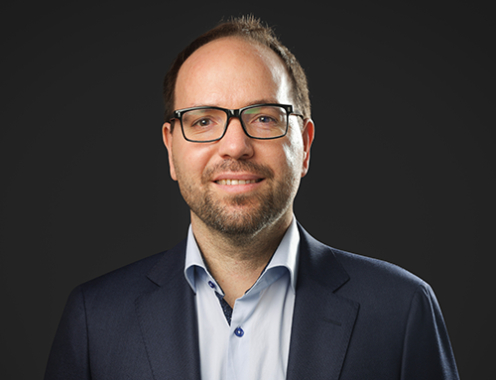
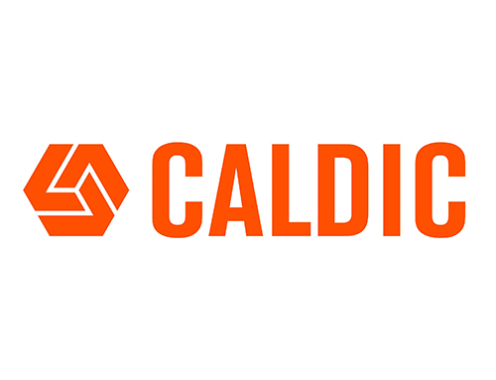

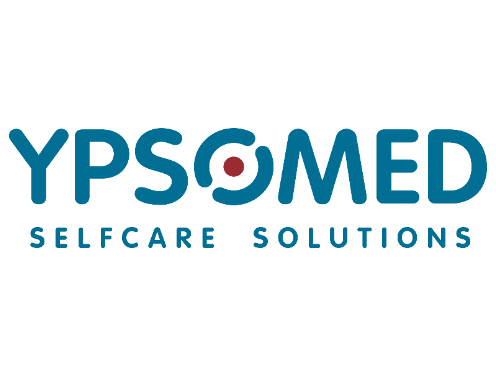
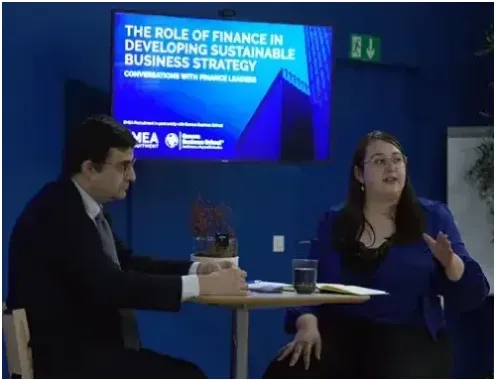
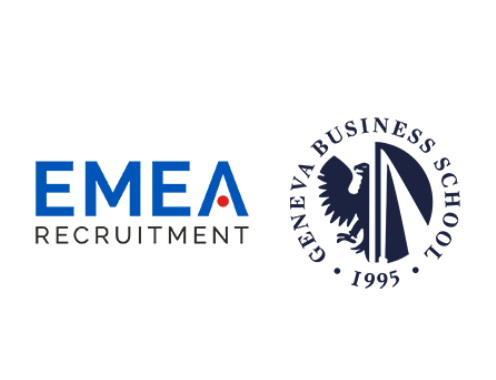
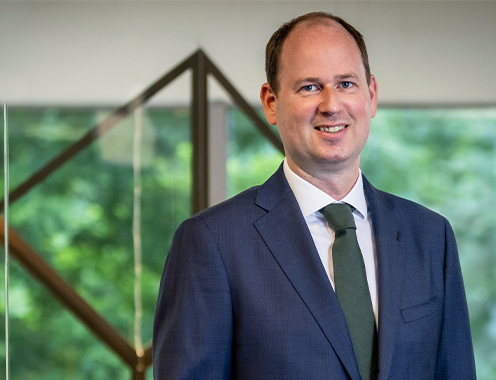
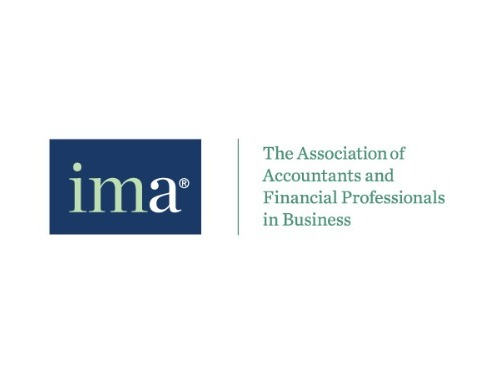
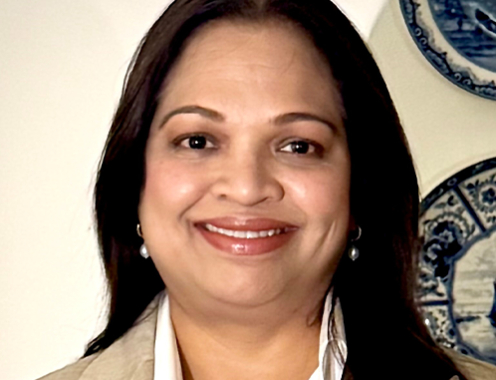
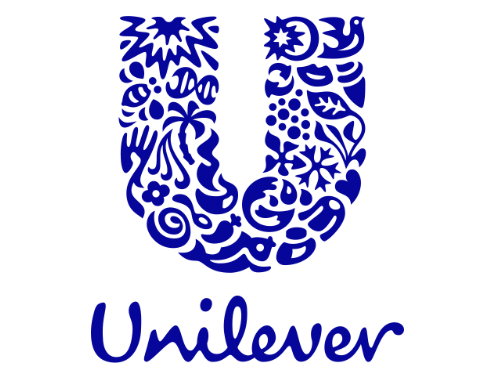
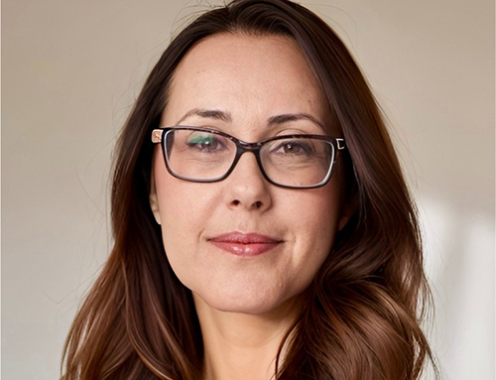
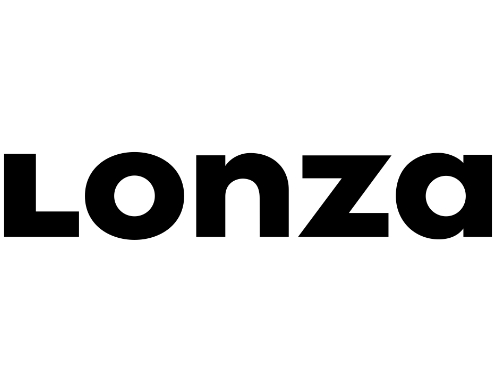
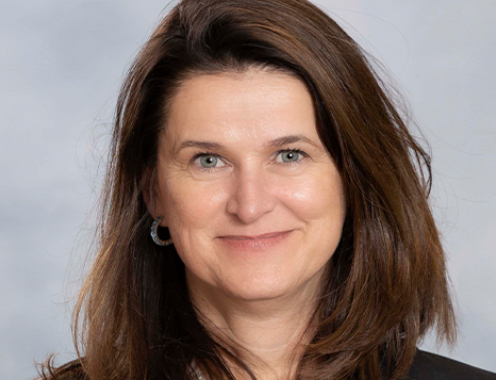
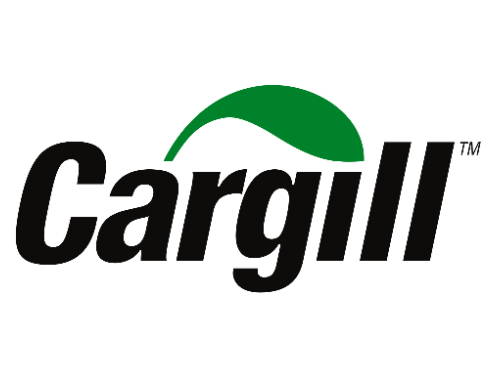
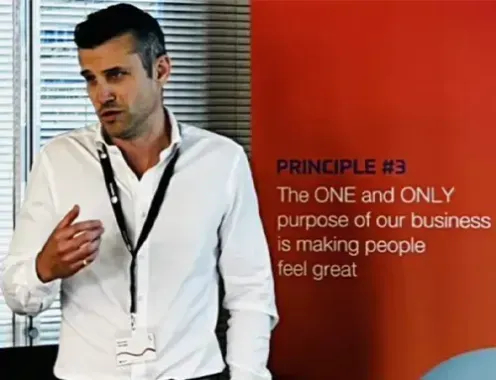
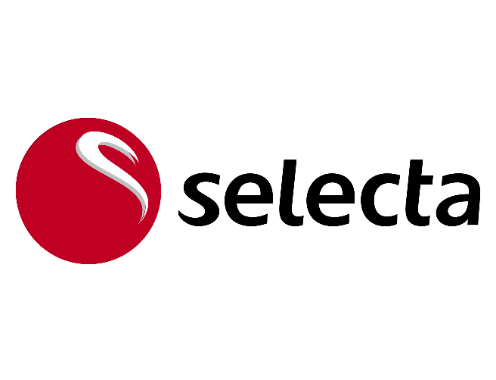
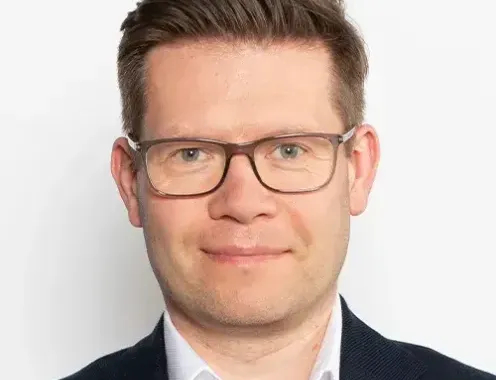
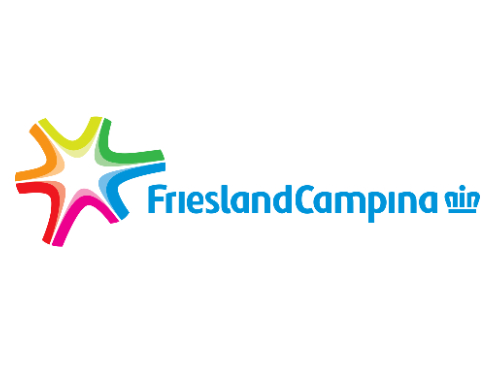


You can also use your social account to sign in. First you need to:
Accept Terms & Conditions And Privacy Policy